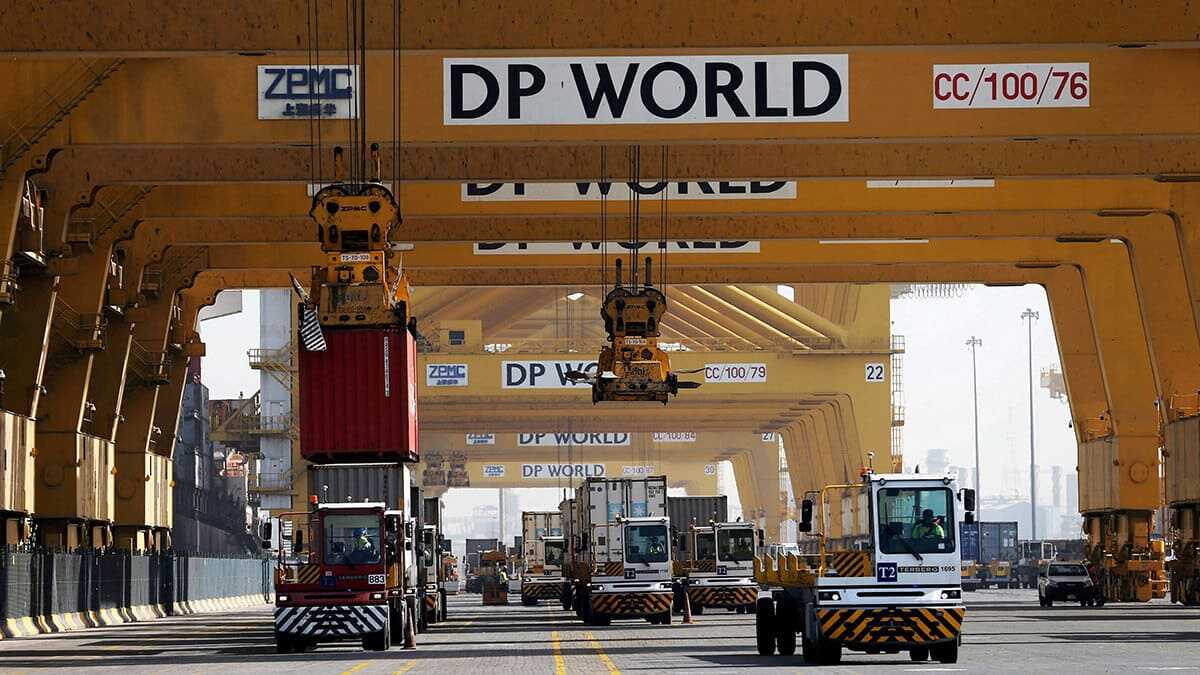Algeria vs. United Arab Emirates: Oil wealth, two different destinies

- The economic gap: wasted wealth versus a successful development model
- Governance: Strategic vision vs. failed management
- Human development: social progress vs. regression
- Conclusion: The difference lies in leadership
Algeria has a vast land area of approximately 2.38 million square kilometres, which is 33 times the size of the United Arab Emirates (83,600 square kilometres). Algeria's population is around 45 million, compared to 9.5 million in the United Arab Emirates.
However, Algeria lags far behind the United Arab Emirates on all indicators of development, innovation, and economic strength.
The economic gap: wasted wealth versus a successful development model
The United Arab Emirates has relied on oil revenues to build a diversified and advanced economy, with Dubai and Abu Dhabi becoming global centres of trade, finance, and innovation. Today, the United Arab Emirates' GDP per capita is around $50,000, while it barely exceeds $4,500 in Algeria, which still depends on oil and gas for more than 90 % of its exports.
While the United Arab Emirates has invested in infrastructure, education, and technology, Algeria remains mired in a rentier economy, bureaucracy, and weak foreign investment.

Governance: Strategic vision vs. failed management
The United Arab Emirates has made noteworthy progress in institutional quality and transparency, ranking 26th in the Corruption Perceptions Index, while Algeria ranks 130th. The United Arab Emirates is also ranked as one of the world's freest economies (24th), while Algeria's economy suffers from restrictions and government control (172nd).
The United Arab Emirates has implemented long-term policies to attract investment and build smart cities, while Algeria has failed to diversify its economy or improve its business environment.
Human development: social progress vs. regression
The United Arab Emirates ranks exceedingly high on the Human Development Index (0.911) thanks to a developed education and health system, while Algeria ranks in the middle category (0.745). Young Algerians suffer unemployment rates of up to 30 %, while the United Arab Emirates offers diverse job opportunities with unemployment rates not exceeding 3 %. The United Arab Emirates ranks 32nd in global innovation, while Algeria ranks 119th.
The difference is also evident in the quality of infrastructure: the United Arab Emirates has advanced airports, roads, and cities, while Algeria suffers from a significant lack of basic services.

Conclusion: The difference lies in leadership
Experience shows that natural resources alone do not create a renaissance. The success of the United Arab Emirates is the result of an unobstructed vision, economic reforms, and strong institutions, while Algeria's progress is hampered by corruption, mismanagement, and economic stagnation.
Without radical reforms in governance and the economy, Algeria will continue to lag its neighbours. The lesson here is that oil wealth is an opportunity, but it is smart leadership that turns it into sustainable development.



